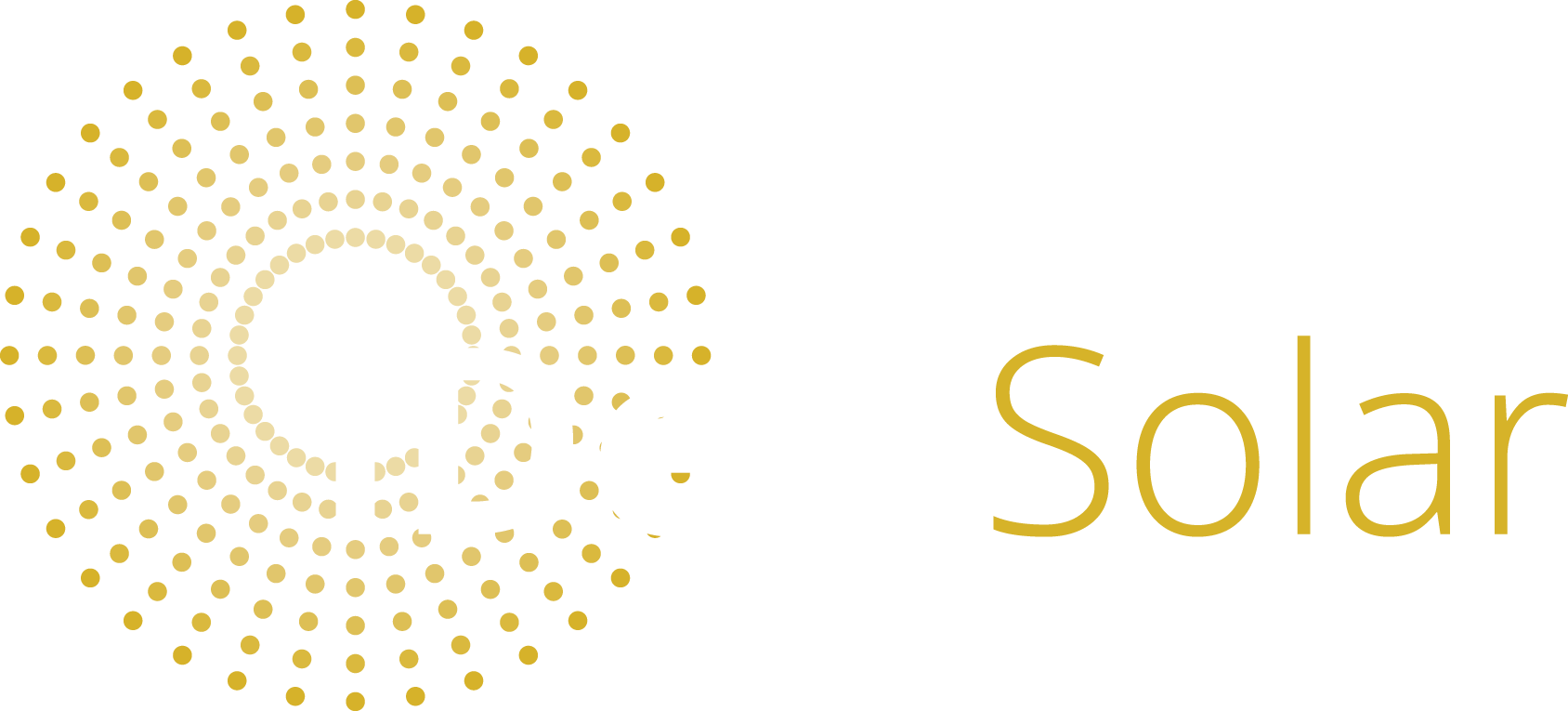How Efficient Are Solar Panels?
Solar panels have become a cornerstone of renewable energy solutions, offering a sustainable way to harness the sun’s power. Their efficiency, which refers to the ability to convert sunlight into usable electricity, varies depending on several factors. Typically, commercial solar panels have an efficiency rate ranging from 15% to 22%. This means that a panel can convert 15% to 22% of the sunlight it captures into electrical energy. Advances in technology continue to push these boundaries, making solar panels an increasingly viable option for energy-conscious homeowners and businesses.
What Factors Affect Solar Panel Efficiency?
Several factors can influence the efficiency of solar panels. The most significant include the type of solar cells used, the angle and orientation of the panels, and environmental conditions such as temperature and shading. High-quality materials and cutting-edge technology can enhance efficiency, while poor installation or suboptimal conditions can reduce the panels‘ ability to generate electricity. Understanding these factors is crucial for maximizing the performance of a solar power system.
How Does Temperature Influence Efficiency?
Temperature plays a critical role in the efficiency of solar panels. While it might seem counterintuitive, high temperatures can actually decrease efficiency. Solar panels operate best in cooler conditions; excessive heat can cause the panels to overheat, leading to a reduction in their ability to convert sunlight into electricity. Therefore, managing the temperature and ensuring adequate ventilation can help maintain optimal performance.
The Role of Solar Cell Technology in Efficiency
The type of solar cell technology used in a panel significantly impacts its efficiency. Monocrystalline cells, known for their high efficiency and sleek appearance, are often more effective than polycrystalline cells, which are less expensive but slightly less efficient. Emerging technologies, such as bifacial and PERC (Passivated Emitter and Rear Cell) cells, offer even greater efficiency improvements, making them attractive options for those looking to maximize energy output.
How Solar Panels Lose Efficiency Over Time
Over time, solar panels naturally experience a decline in efficiency, typically around 0.5% to 1% per year. This degradation is due to factors such as exposure to weather conditions, UV radiation, and general wear and tear. However, with proper maintenance and high-quality materials, the lifespan and performance of solar panels can be optimized, ensuring they remain a valuable energy source for decades.
How to Choose Efficient Solar Panels for Your Home
Selecting the right solar panels for your home involves understanding efficiency ratings and comparing different technologies. Efficiency ratings indicate the percentage of sunlight converted into electricity, with higher ratings signifying more efficient panels.
Understanding Efficiency Ratings
Efficiency ratings are a key metric when evaluating solar panels. They provide insight into how well a panel can convert sunlight into usable electricity. Panels with higher efficiency ratings can generate more energy in a smaller area, making them ideal for homes with limited roof space.
Comparing Monocrystalline vs. Polycrystalline Panels
When choosing solar panels, homeowners often compare monocrystalline and polycrystalline options. Monocrystalline panels, made from a single crystal structure, typically offer higher efficiency and a longer lifespan. In contrast, polycrystalline panels, composed of multiple crystal fragments, are generally more affordable but slightly less efficient.
Top Tips for Selecting High-Efficiency Solar Panels
To select high-efficiency solar panels, consider factors such as efficiency ratings, warranty terms, and the reputation of the manufacturer. It’s also important to assess your energy needs and roof space to ensure the panels you choose will meet your requirements effectively.
Boost the Efficiency of Solar Panels
Maximizing the efficiency of solar panels involves regular maintenance and staying informed about innovative technologies.
Maintenance Tips for Optimal Efficiency
Routine maintenance is essential for keeping solar panels operating at peak efficiency. This includes cleaning the panels to remove dirt and debris, checking for shading from nearby trees or structures, and ensuring all components are functioning correctly.
Innovative Solar Technology to Enhance Performance
Innovative technologies, such as smart inverters and solar tracking systems, can significantly enhance the performance of solar panels. These advancements allow panels to capture more sunlight throughout the day, increasing overall energy output.
Impact of Installation Angle on Performance
The angle at which solar panels are installed can greatly affect their performance. Panels should be positioned to capture the maximum amount of sunlight, which typically means angling them towards the equator. Adjusting the tilt seasonally can also help optimize energy production.
What are the Best Solar Panel Options in 2025?
As technology advances, new solar panel options continue to emerge, offering improved efficiency and performance.
Leading Residential Solar Panel Brands
In 202, several brands are leading the way in residential solar panel technology. Companies like SunPower, LG, and Panasonic are known for their high-efficiency panels and strong warranties, making them top choices for homeowners.
Exploring New Solar Module Offerings
New solar module offerings, such as bifacial panels and thin-film technologies, provide innovative solutions for diverse energy needs. These options offer unique benefits, such as the ability to capture light from both sides of the panel or flexibility in installation.
Pros and Cons of Different Types of Solar Panels
Each type of solar panel has its own advantages and disadvantages. Monocrystalline panels offer high efficiency but at a higher cost, while polycrystalline panels are more affordable but less efficient. Thin-film panels provide flexibility but may require more space to generate the same amount of energy.
How Does a Solar System Save Energy and Money?
Installing a solar system can lead to significant energy savings and financial benefits over time.
Calculating Your Energy Savings
To calculate energy savings, consider factors such as the efficiency of your solar panels, your local electricity rates, and the amount of sunlight your location receives. Many homeowners find that solar systems pay for themselves within a few years through reduced energy bills.
Understanding Solar Power Incentives
Various incentives, such as tax credits and rebates, can make solar power more affordable. These incentives reduce the upfront cost of installation and further enhance the financial benefits of switching to solar energy.
Long-term Benefits of Renewable Energy
Beyond immediate savings, solar energy offers long-term benefits, including reduced carbon footprint, energy independence, and increased property value. By investing in renewable energy, homeowners contribute to a more sustainable future while enjoying the economic advantages of solar power.
FAQs
- What factors most significantly affect solar panel efficiency?
- Factors include the type of solar cells used, temperature, shading, and the installation angle of the panels.
- How does temperature impact the performance of solar panels?
- High temperatures can decrease efficiency by causing panels to overheat, reducing their ability to convert sunlight into electricity.
- What is the difference between monocrystalline and polycrystalline solar panels?
- Monocrystalline panels are typically more efficient and have a longer lifespan, while polycrystalline panels are less expensive but slightly less efficient.
- How can I maintain my solar panels for optimal efficiency?
- Regular cleaning, ensuring proper ventilation, and checking for shading or damage can help maintain optimal efficiency.
- What innovative solar technologies are enhancing performance in 2025?
- Technologies such as bifacial panels, PERC cells, and solar tracking systems are improving solar panel performance.
- Why is the installation angle important for solar panel performance?
- Proper installation angle maximizes sunlight exposure, enhancing energy production and overall efficiency.
- Which are the leading residential solar panel brands in 2025?
- Brands like SunPower, LG, and Panasonic are known for high-efficiency panels and strong warranties.
- What are the pros and cons of different types of solar panels?
- Monocrystalline panels offer high efficiency but are costlier; polycrystalline panels are more affordable but less efficient, and thin-film panels are flexible but require more space.
- How can I calculate the energy savings from a solar system?
- Consider panel efficiency, local electricity rates, and sunlight exposure to estimate potential savings on energy bills.
- What solar power incentives are available to homeowners?
- Incentives like tax credits, rebates, and net metering can reduce installation costs and enhance financial savings from solar energy.

